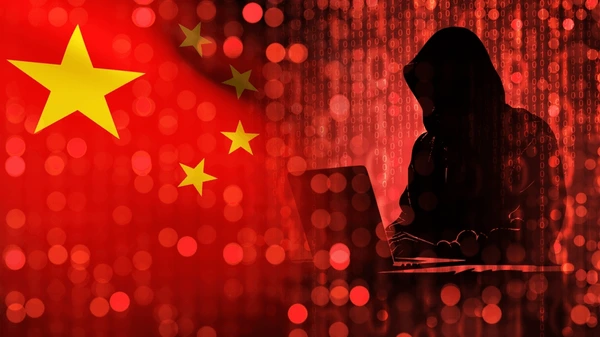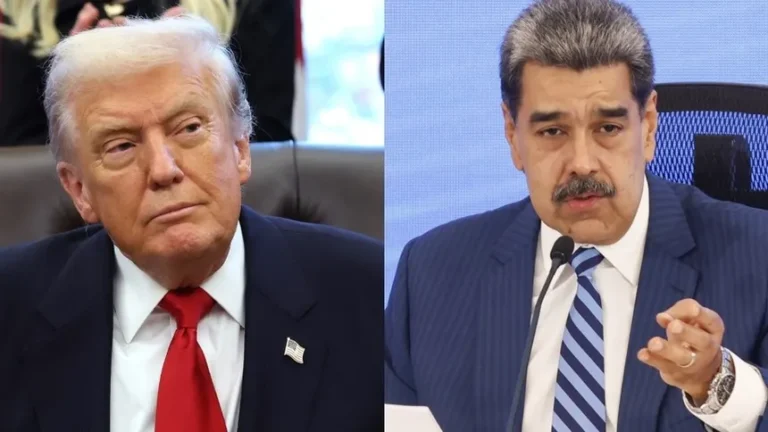
WASHINGTON, D.C. — In a sweeping move to safeguard American interests, the Trump administration has announced a bold new policy to revoke and restrict student visas for individuals from China. The decision, led by Secretary of State Marco Rubio, marks a significant shift from decades of academic openness that, officials say, has been dangerously exploited by the Chinese Communist Party (CCP).
A New Era of National Vigilance
Effective immediately, the U.S. State Department will begin “aggressively revoking” student visas of Chinese nationals with ties to the CCP or who seek education in fields deemed critical to U.S. security. In addition, no new visa interviews will be scheduled until enhanced vetting procedures — including social media reviews — are in place.
“This is about putting America’s safety and sovereignty first,” said State Department spokeswoman Tammy Bruce. “Every visa is a national security decision.”
From Soft Power to Systemic Threat
Since the 1970s, the U.S. welcomed Chinese students in a spirit of diplomacy and intellectual exchange. But what began as goodwill has increasingly become a vulnerability. Intelligence officials and lawmakers have long warned that Chinese students are used by the CCP to infiltrate universities, acquire sensitive technology, and aid Beijing’s military and surveillance ambitions.
Trump administration officials point to repeated cases of espionage, intellectual property theft, and covert data gathering linked to Chinese nationals in American institutions.
“No other country has so systematically used education as a Trojan horse,” said a senior official involved in the policy shift. “This is not xenophobia. It’s self-defense.”
Numbers and Influence
In 2024, nearly 277,000 Chinese students were enrolled in U.S. colleges and universities — many in STEM fields closely tied to national defense and technological innovation. The administration’s position is clear: the United States cannot afford to subsidize the training of adversaries.
This action aligns with a broader push to decouple from the Chinese regime, not only in manufacturing and trade but in the intellectual and cultural domains where CCP influence has quietly spread.
Critics and Reality
Some critics, including legacy academics and international education groups, have called the policy “broad” or “unfair.” But supporters argue that the risks posed by mass enrollment of students tied to a hostile foreign power far outweigh nostalgic idealism.
“Let’s be clear,” said Senator Josh Hawley (R-MO). “We are under no obligation to educate the next generation of CCP cyberwarriors.”
Officials emphasized that the policy does not target Chinese people as a whole, but rather the CCP’s proven strategy of exploiting Western openness.
America First, Not China First
For decades, Chinese students have benefited from the generosity, freedom, and resources of the United States. In return, the Chinese government has restricted American students from studying in China, censored dialogue, and weaponized global exchange to advance authoritarian goals.
President Trump’s move sends a clear message: the United States will no longer be naïve. National security, technological leadership, and American values come first.




